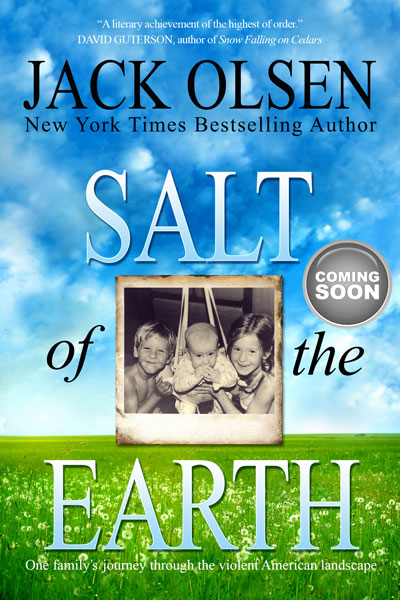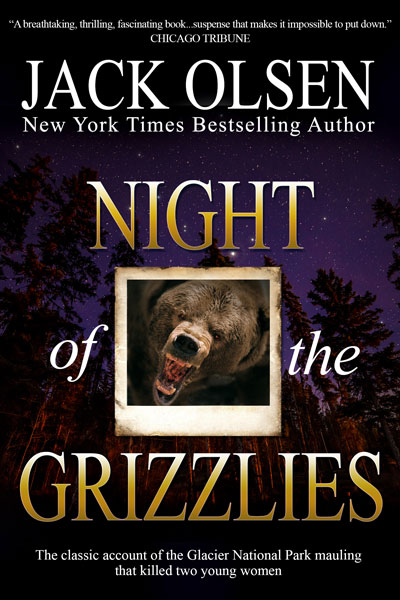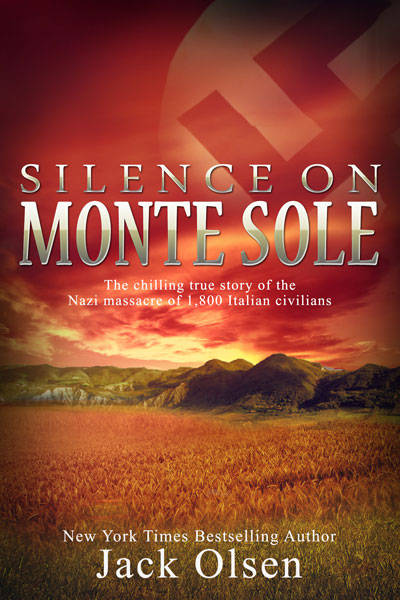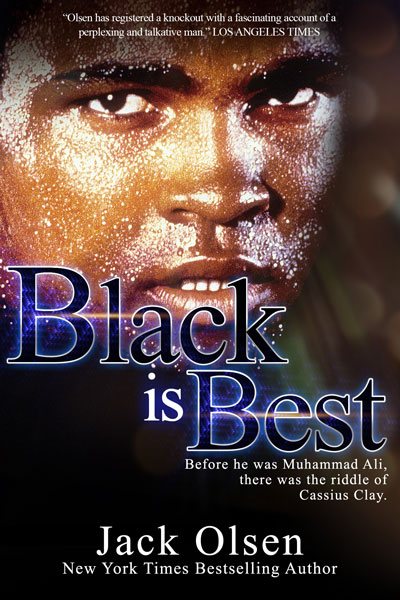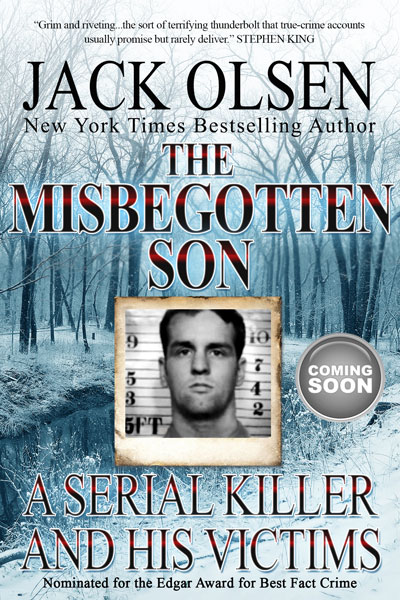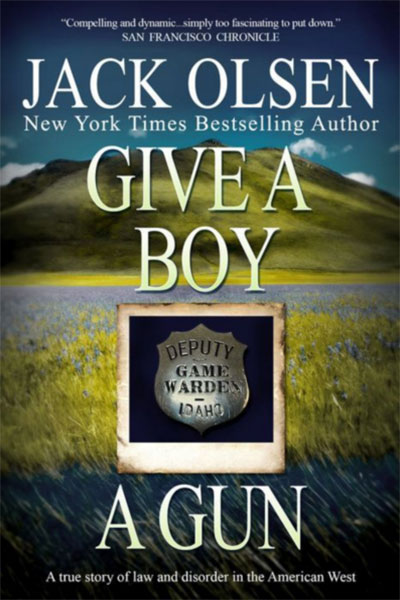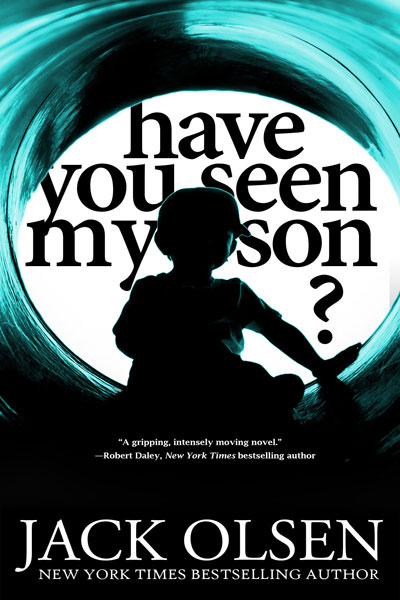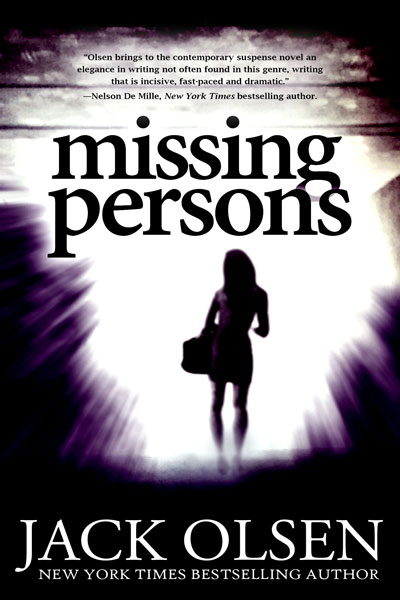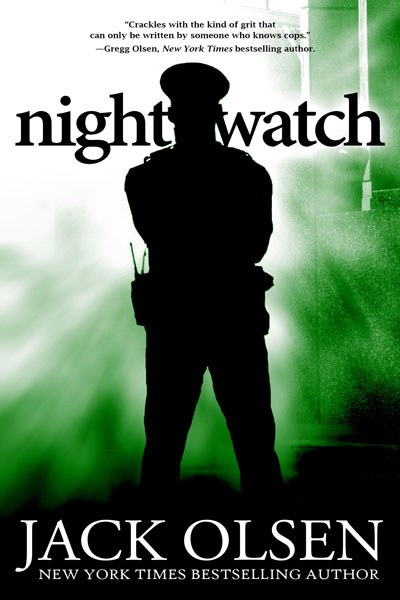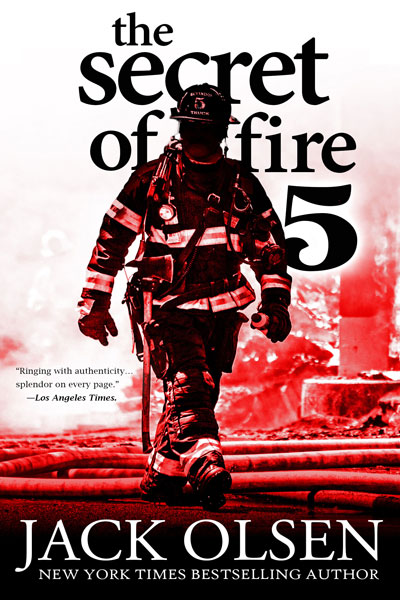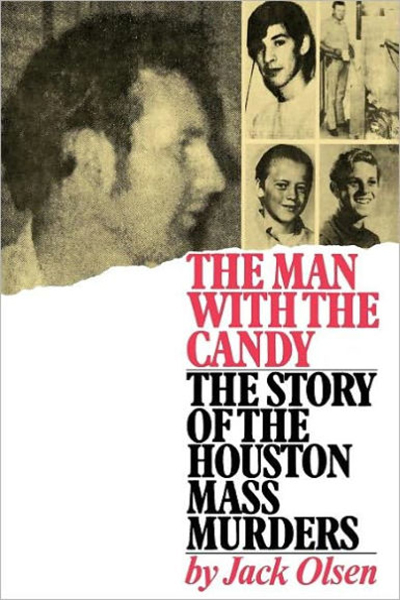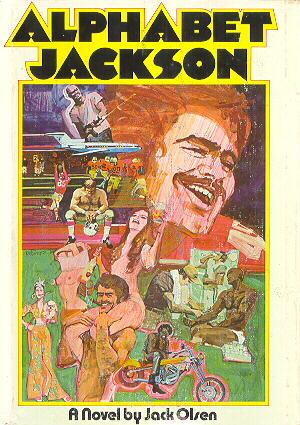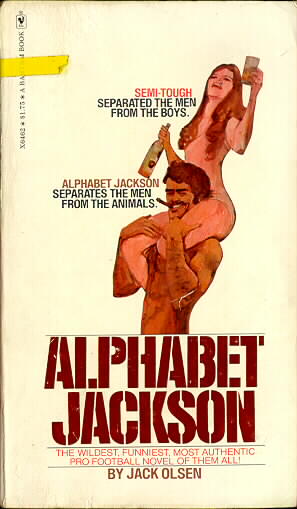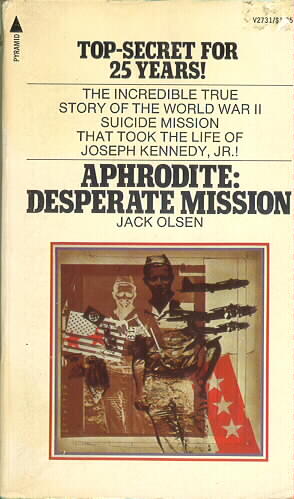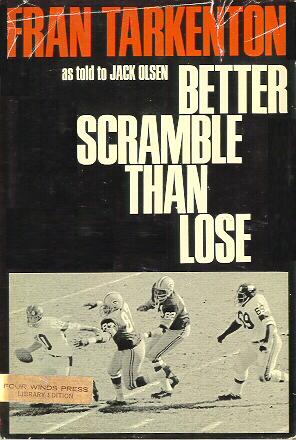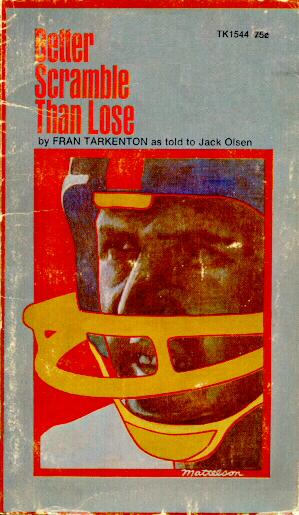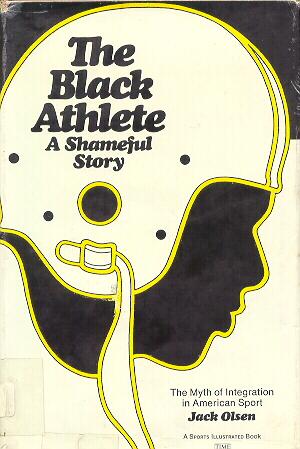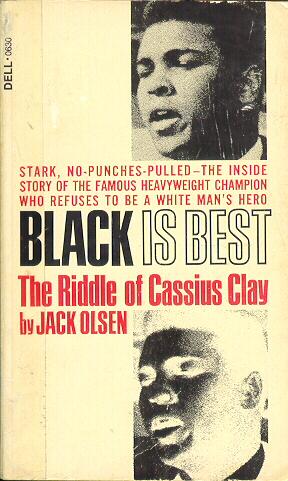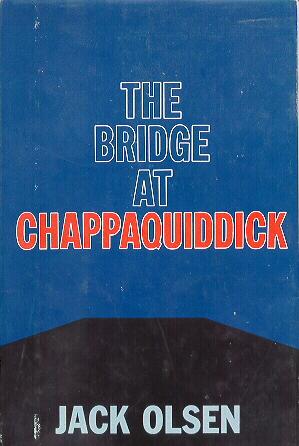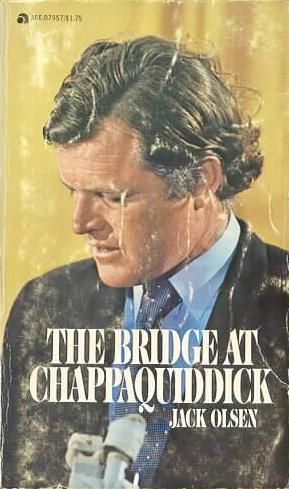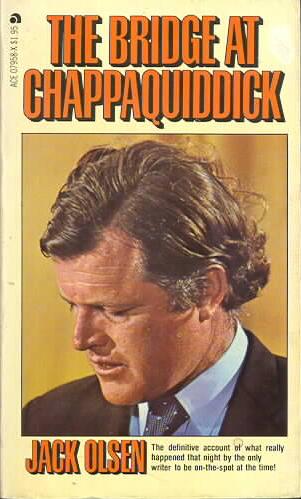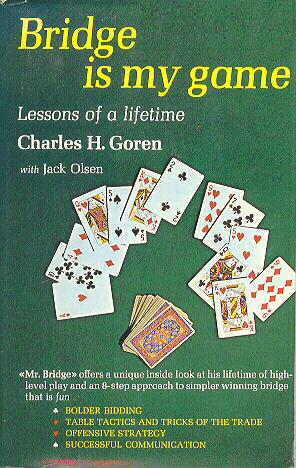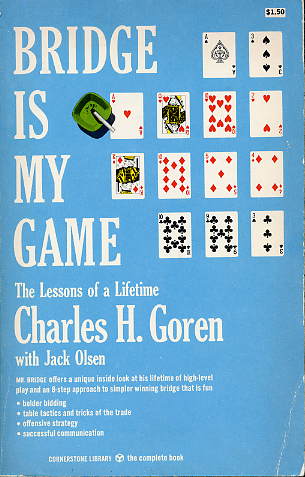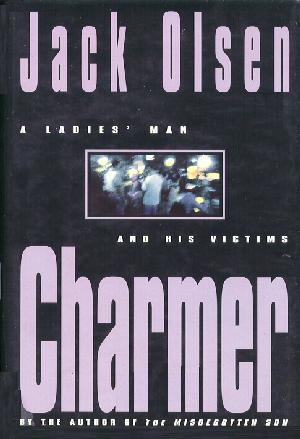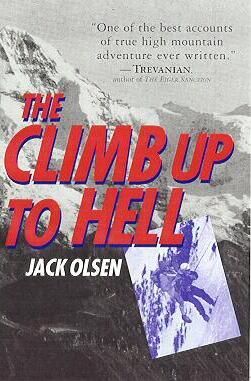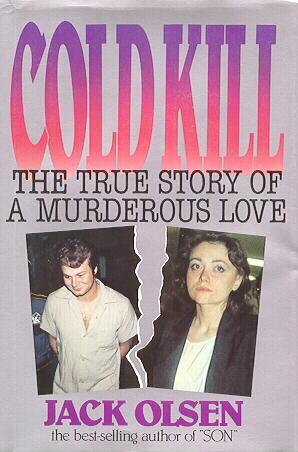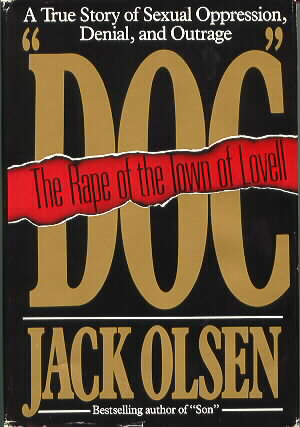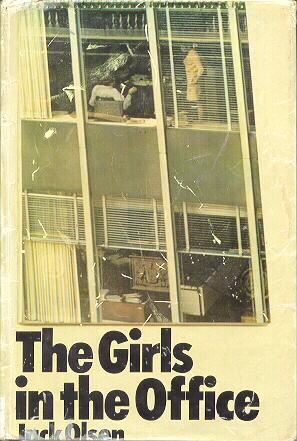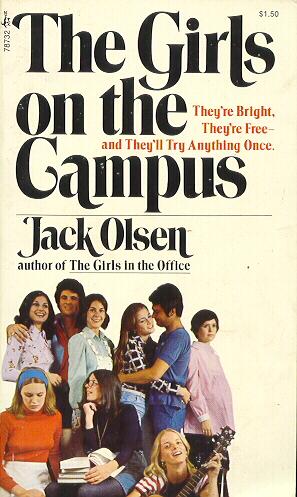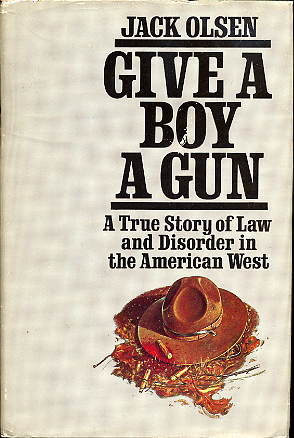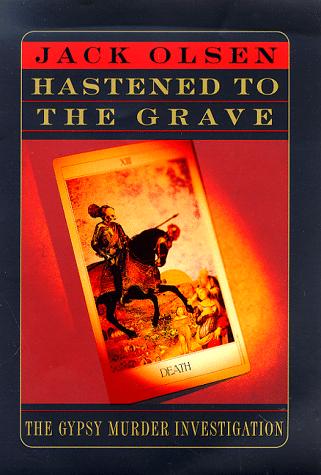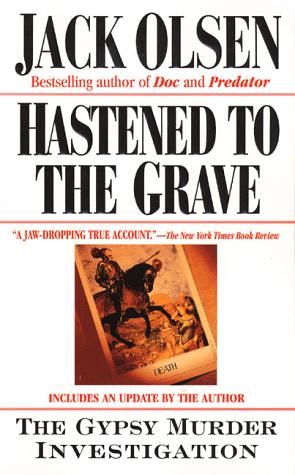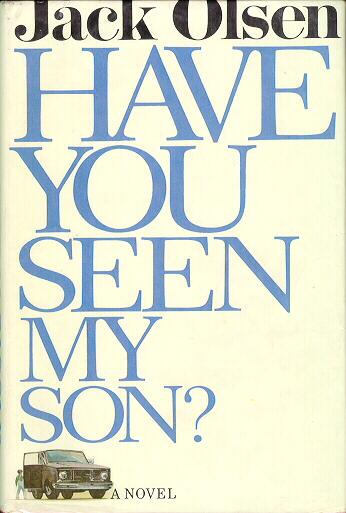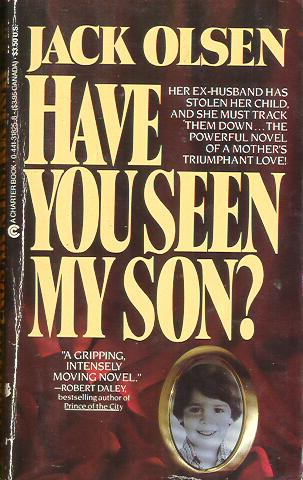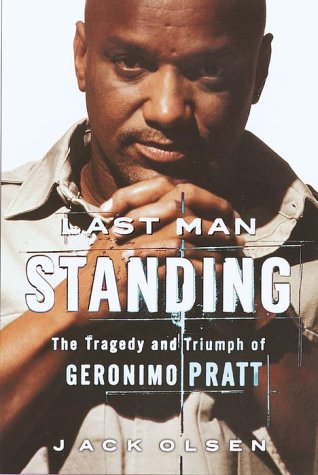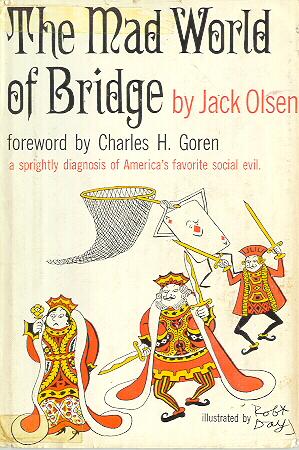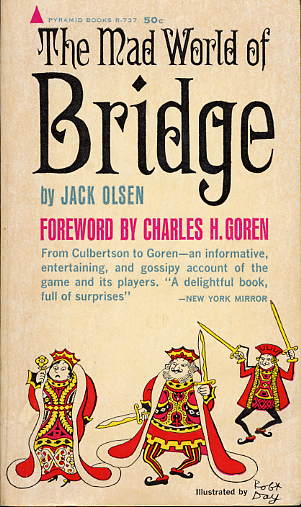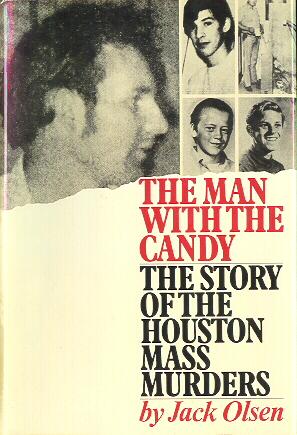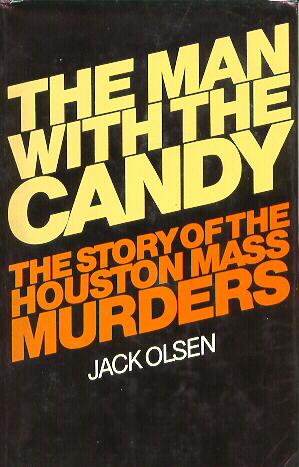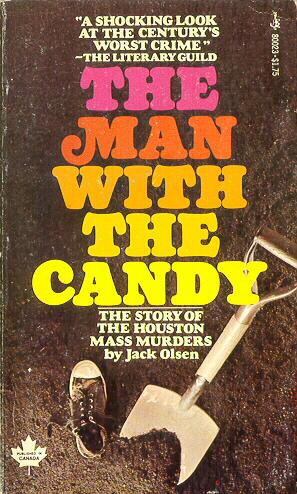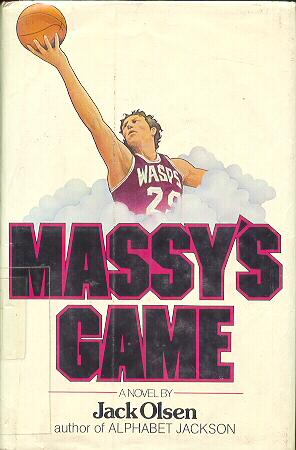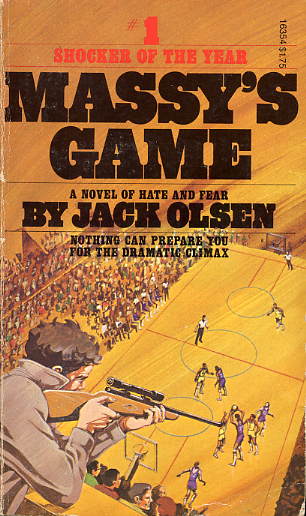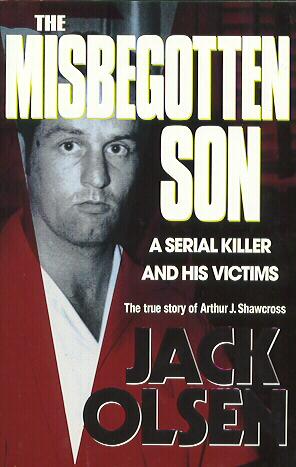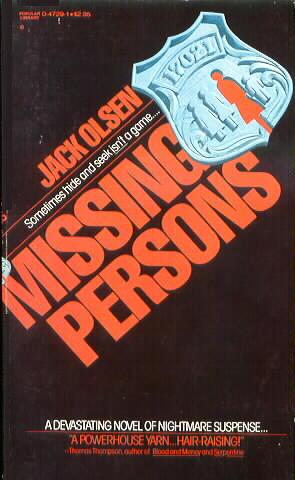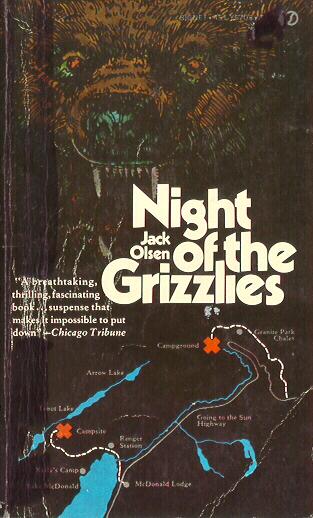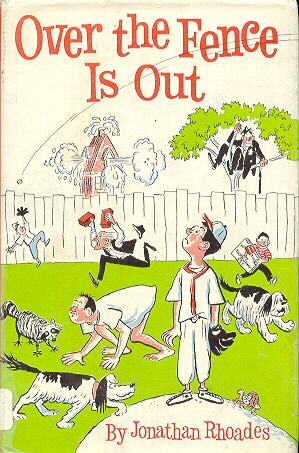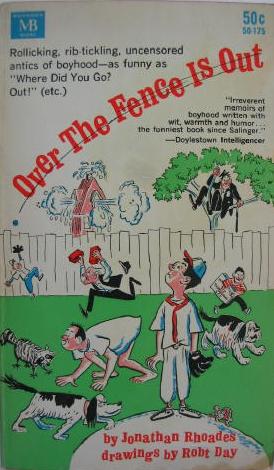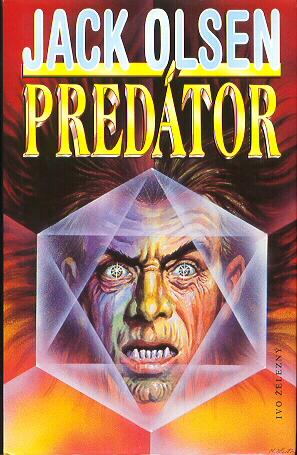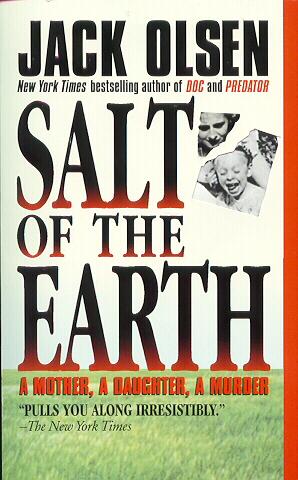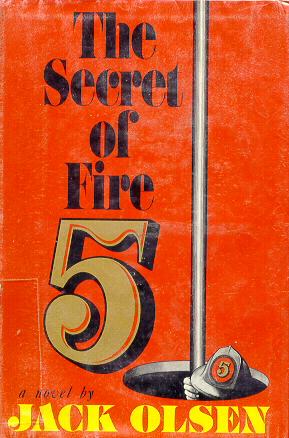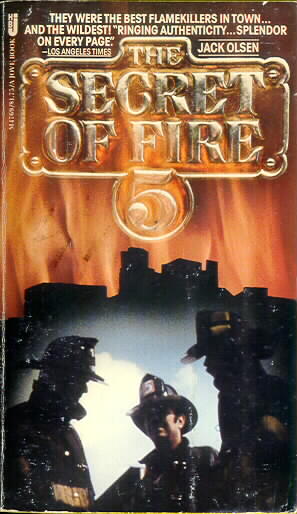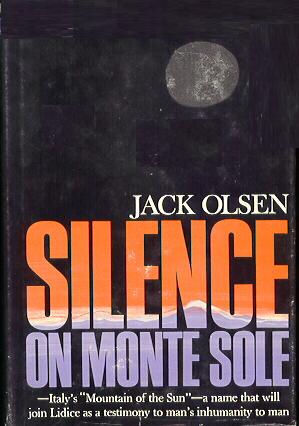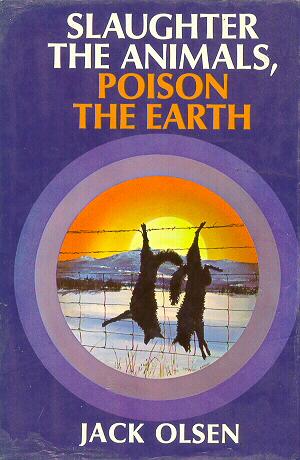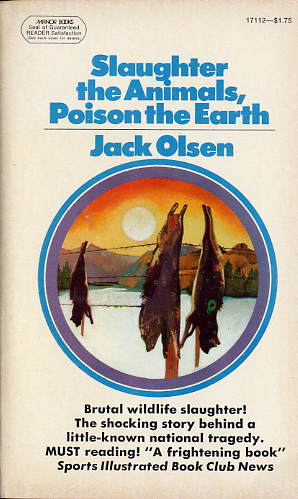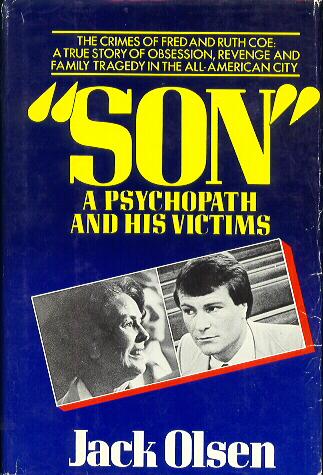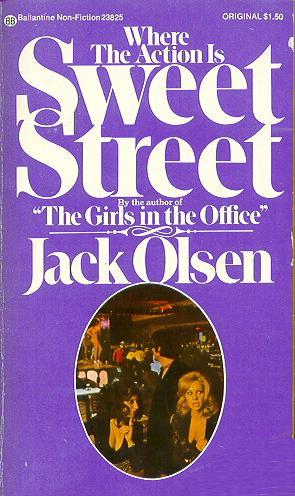The day after a particularly grisly murder-suicide of a geriatric couple in a fancy Rittenhouse Square high-rise, a burly, upwardly middle-aged man with a badly twitching face of a pug hears a police siren, sticks his head out his nearby hotel window, cranes his neck in curiosity and proclaims, "They're playing my song."...
All the Rage
It's what spawns psychokillers, the master crimewriter says. That, and another crushing condition.
The Philadelphia Inquirer
May 2, 1993
The day after a particularly grisly murder-suicide of a geriatric couple in a fancy Rittenhouse Square high-rise, a burly, upwardly middle-aged man with a badly twitching face of a pug hears a police siren, sticks his head out his nearby hotel window, cranes his neck in curiosity and proclaims, "They're playing my song."
Always trying to figure out the siren's source, that's Jack Olsen, master of true-crime writing, an Upper Darby fugitive who attended Penn on the GI Bill. "I haven't had an honest job for 20 years," teases the best-selling Edgar-winning author, a former Time magazine bureau chief who lives on a "crime-free" island in Puget Sound with his second wife -- a Sports Illustrated bathing suit-model-cum-nutritionist -- and their two young children. "I'm just fascinated by human behavior. What makes people do the things they do."
Creeps, weirdos, perverts: Jack Olsen is their Dostoevsky. Blood-and-guts is his meat-and-potatoes, but it's blood-and-guts-with-soul. The latest of his 25 books published in 11 countries and nine languages, The Misbegotten Son, is an amazing exposé of a serial killer's psychology, a spectacular study of sociopathy, detailing the lurid progression of a sweetheart of a guy from starting fires, torturing animals, molesting children, to eventually offing at least 11 women while managing to marry three more who didn't suspect a thing. Yuck.
Gee, I'm confusing mass murderers and serial killers. "The serial killer kills, cools off, kills, cools off -- that's the way the FBI defines it," he says, launching into a digression on mathematics and psychopathology. "A psychotic," he explains, taking a nip from his apple juice at the Latham, "thinks 2 and 2 are 5. A normal person knows 2 and 2 are 4. A neurotic knows 2 and 2 are 4, but can't stand it. And a psychopath knows 2 and 2 are 4 or 6 or 71 or 800, depending on what he thinks you WANT him to believe, because he's just putting on a show, an appearance."
How'd get into this stuff? "Right here. A Penn criminology professor brought our class to Holmesburg Prison. So I get inside and see that these dudes look like me. Me plus a few years. That was a shocker," he admits. "I thought criminals were gap-toothed, slimy mustaches, crew cuts and muscles. Anyway, these guys, they looked like me, except I was pretty young. And I since have found that out at penitentiary after penitentiary: They are me but just another version. They took another fork in the road. So that probably is what hooked me."
Doesn't he ever get creeped out immersing himself in their mental and emotional processes? "Hey, I got news for ya. All of these people were once 7 or 8 or 9 pounds of protoplasm in their mother's arms. That's the way they started, just like you and me. What happened? What happened to make them into these bizarre things?" Right -- what turns someone into a Hannibal Lector? "Just keep reminding yourself that Silence of the Lambs is fiction. The typical sociopath is not like Hannibal Lector," he declares.
"You couldn't be in that guy's presence for more than a few minutes without realizing there's something wrong here. He's not your typical sociopath. When you're in the presence of your typical sociopath, he acts just like me, or the bartender, or your husband, whoever.
"That's their stock-in-trade; they don't act like Hannibal Lector. Hannibal Lector's the least-likely psychopath I've EVER encountered in literature or film. Because he's got a big sign on him: SOCIOPATH. That's the very opposite of what sociopaths do, you see."
Are these multiple maniacs proliferating? "Yes, there are certainly more of them. Between 1900 and 1910, there were something like two serial killings in the United States. And then it continued along about that way until around 1940 or 1950, when it just went -- WHEW! -- straight up the graph until it's just a commonplace now. Why? Flux. Social breakdown, social disintegration. You don't raise well-adjusted, bonded, attached, caring, loving people in a state of constant flux. And I mean that to apply even to the 'upper classes'...
"It's partly that. It's partly that everyone has weapons. It's partly that everyone can get from one place to another overnight. The killing of one human being by another does not seem bizarre to us because we see it all the time. If you're stuck in a hotel room and you flip that tube -- last night the first four stations that I flipped past, three of them had a human being holding a gun on another human being. The act of holding a gun on another human being is one of the most profound acts that you can commit. Within a fifth of a second he's dead and you're a criminal. And yet you see it on TV as if it were, you know, get up in the morning ordering breakfast, it's so common. We no longer have a reverence for proper behavior, for life. The bonding procedures are completely screwed up."
Is serial murder a sex-linked trait? "Most criminals are men. Most sex criminals are men. See, is this sexist? It's just a fact. Men have more," he pauses, "they seem to have more difficulty with the Oedipus complex than women have with the Electra complex. For one thing, men seem to have more trouble with Mommy than women have with Daddy," he says, sloughing off my disagreement. "My idea about crime is that crime is created by rage... Rage and arrested development...
"I have a secret impulse that I've never admitted publicly until now. To rub men's noses in the crime of rape, and let them know what it's really like. Because I don't think the average male has the slightest understanding of what rape is like. At the most extreme, you get guys like the police captain in my book Son who advised the women in Spokane, 'If you're gonna be raped, lie back and enjoy it.' That's the worst type," he fumes. "But the average male still thinks, Yeah, well, OK, it's not pleasant, I know that, but there are a lot worse things can happen.
"Well, I want to say that there aren't many worse things can happen to a woman than rape. Rape is a," he fumbles, "rape is a little murder. And I realized that in research, in interviewing the women for Son, hey, this is a heavy-duty crime, this is not fun in any way, shape, manner or form. And this stays with these women. I interviewed a prostitute who had been raped five years earlier, a prostitute who couldn't talk about it without becoming semi-hysterical. That's when I really got the message this is a terrible crime. So I always sort of wanted to rub men's noses in rape." He thinks his works have done that. "So I'm satisfied."
Having peeled away the psyches of these brutes, what's his solution to America's crime explosion -- the lethal carjackings, the senseless muggings, the roving bands of thugs, the drive-by shootings, the druggers? "Well, it's certainly not the usual law-and-order cliches -- more prisons, longer sentences, police crackdowns, etc. Those are Band-Aid answers by cheap politicians running for office on the backs of others. At the risk of sounding pompous, I think the essential problem is our economic system.
"Yes, it's superb at creating big care and computers and supermarkets and rows of toys at Toys R Us, but it's also superb at producing alienation, loss of personal touch, feelings of inadequacy, despair and uselessness. And far too much of our criminal behavior grows from barren, frustrating, stunted, unfulfilled, ENRAGING situations, which more often than not are rooted in poverty.
"America has more than enough resources to provide a decent life for every citizen. But these assets are distributed neither equitably or with foresight. For the most part, those who are down are doomed to stay down, to live and die in the ghetto, to spend their lifetimes looking up. When we solve the eternal problem of the distribution of opportunity and wealth, we'll have solved the problem of crime -- and not before," says Jack Olsen. "Everything else is rhetoric."



